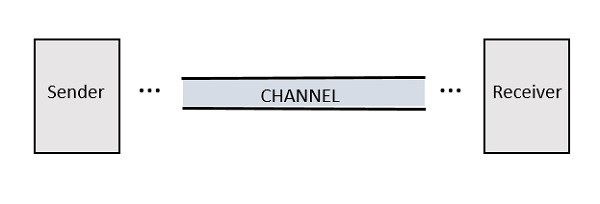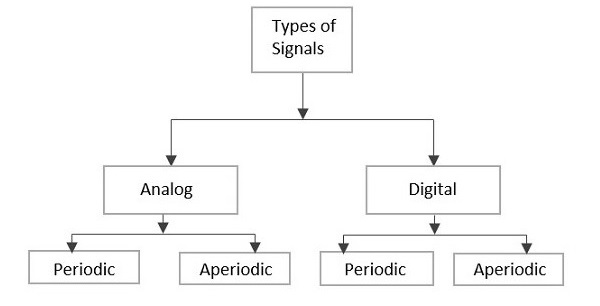The word communication arises from the Latin word commūnicāre, which
means “to share”. Communication is the basic step for exchange of
information.
For example, a baby in a cradle, communicates with a cry when she
needs her mother. A cow moos loudly when it is in danger. A person
communicates with the help of a language. Communication is the bridge to
share.
Communication can be defined as the process of exchange of
information through means such as words, actions, signs, etc., between
two or more individuals.
Parts of a Communication System
Any system, which provides communication consists of the three important and basic parts as shown in the following figure.

- Sender is the person who sends a message. It could be a transmitting station from where the signal is transmitted.
- Channel is the medium through which the message signals travel to reach the destination.
- Receiver is the person who receives the message. It could be a receiving station where the transmitted signal is being received.
Types of Signals
Conveying an information by some means such as gestures, sounds, actions, etc., can be termed as signaling.
Hence, a signal can be a source of energy which transmits some
information. This signal helps to establish a communication between the
sender and the receiver.
An electrical impulse or an electromagnetic wave which travels a distance to convey a message, can be termed as a signal in communication systems.
Depending on their characteristics, signals are mainly classified
into two types: Analog and Digital. Analog and Digital signals are
further classified, as shown in the following figure.

Analog Signal
A continuous time varying signal, which represents a time varying quantity can be termed as an Analog Signal. This signal keeps on varying with respect to time, according to the instantaneous values of the quantity, which represents it.


No comments:
Post a Comment
Please add your comments to improve blog